When it comes to healing trauma, sometimes the best therapist isn’t human. Animals have a unique ability to connect with us on an emotional level, offering comfort, support, and even inspiration during our darkest times. Whether it’s through physical interaction or simply their presence, these creatures have a way of breaking through emotional barriers that humans sometimes can’t.
1. Horses Offer Strength and Empathy
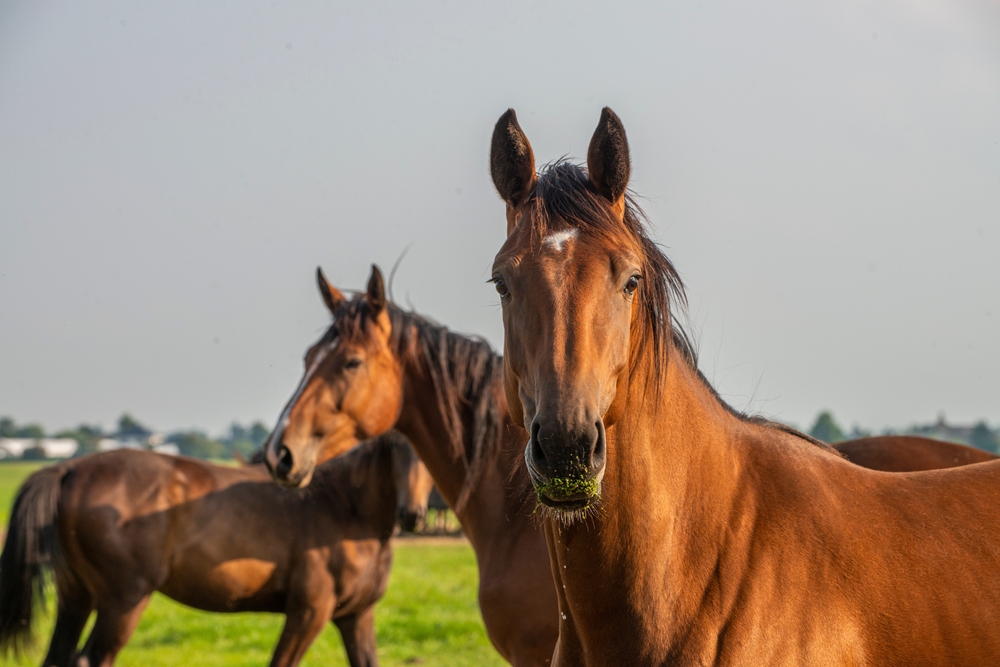
Equine therapy has become a powerful tool for healing trauma, especially for those dealing with PTSD or anxiety. Horses are highly intuitive animals, often mirroring the emotions of the people around them. Working with these majestic creatures helps individuals build trust, gain confidence, and process difficult feelings. Their non-judgmental nature makes them ideal partners in the journey to emotional recovery.
2. Dogs Provide Unconditional Love
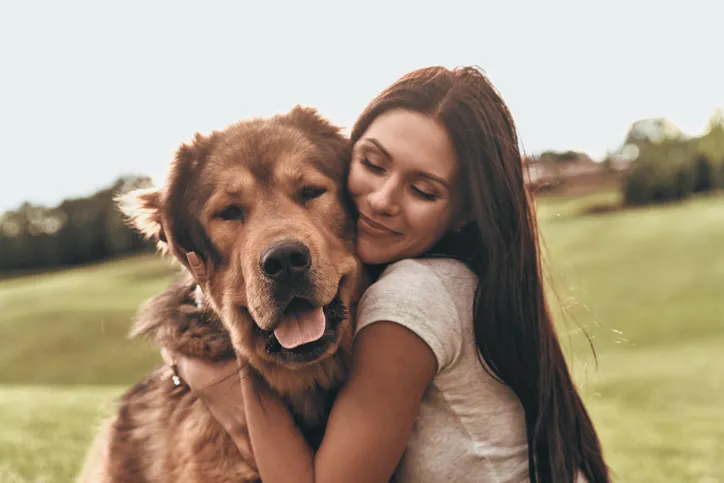
There’s a reason dogs are called man’s best friend—they’re loyal, loving, and incredibly intuitive. Service dogs, in particular, are trained to help individuals with trauma by providing emotional support and even detecting signs of anxiety or panic attacks. Simply petting a dog can lower stress levels and boost feelings of safety. Their companionship helps trauma survivors feel less isolated and more grounded in the present.
3. Dolphins Help Rebuild Trust

Dolphin-assisted therapy may sound unconventional, but it’s been shown to help individuals who’ve experienced emotional trauma. These intelligent, playful marine mammals create a calming and joyful environment for therapy sessions. Their natural curiosity and gentle interactions encourage feelings of trust and relaxation. Swimming with dolphins has been known to lift spirits and provide a sense of emotional freedom.
4. Cats Bring Comfort and Calm

Cats may have a reputation for being aloof, but their soothing presence can be a lifeline for those healing from trauma. Their purring has even been shown to lower stress and promote relaxation. Cats create a sense of calm by simply curling up next to someone, offering quiet companionship. For many trauma survivors, their independent yet affectionate nature provides the perfect balance of support.
5. Rabbits Offer Gentle Companionship
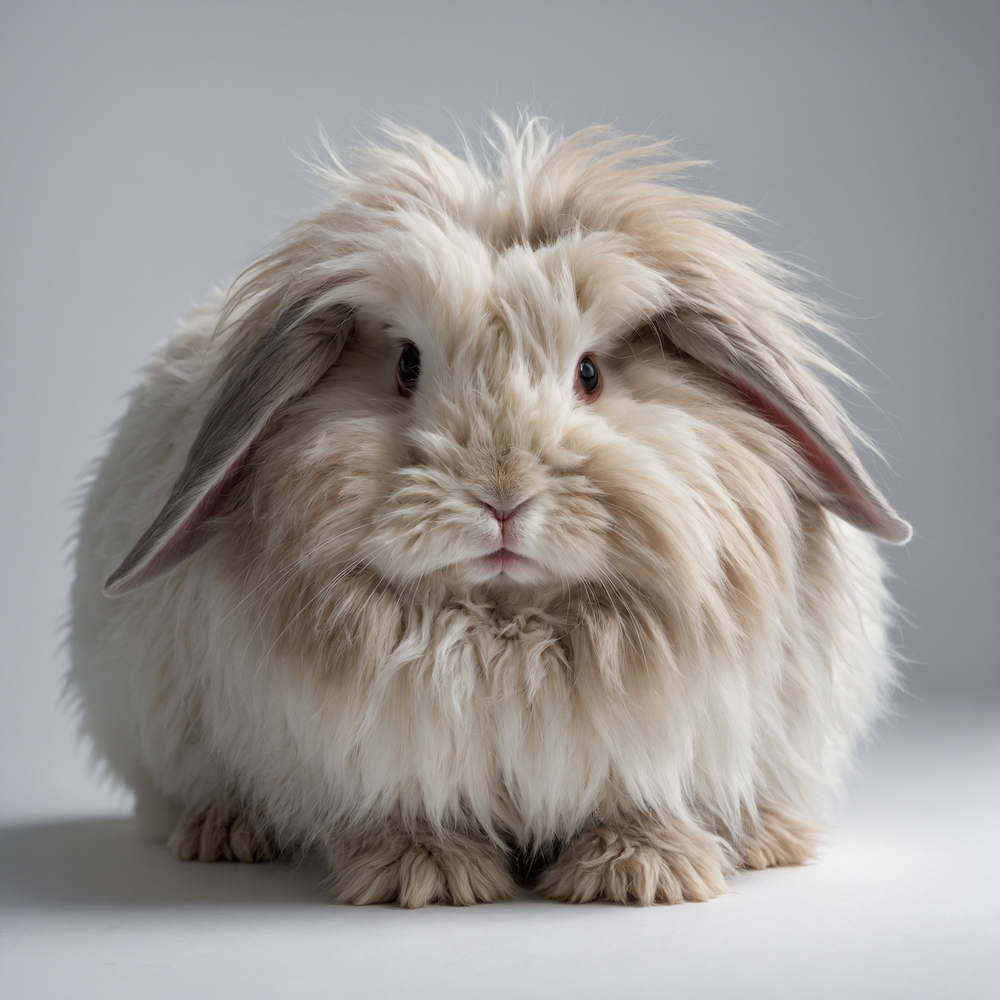
Rabbits are small, soft, and incredibly calming, making them ideal companions for trauma patients. Their gentle nature encourages people to slow down, focus, and feel a sense of peace. Spending time grooming or feeding a rabbit can be a grounding experience, helping individuals stay present in the moment. Their adorable antics also bring much-needed moments of joy and levity.
6. Birds Inspire Hope and Freedom

The sight of a bird soaring through the sky can be incredibly uplifting, especially for those healing from trauma. Birds like parrots or cockatiels, which can interact with humans, provide a unique kind of companionship. Their vibrant personalities and cheerful songs bring lightness to heavy emotions. For many, their freedom and resilience symbolize hope and renewal.
7. Goats Spark Laughter and Connection
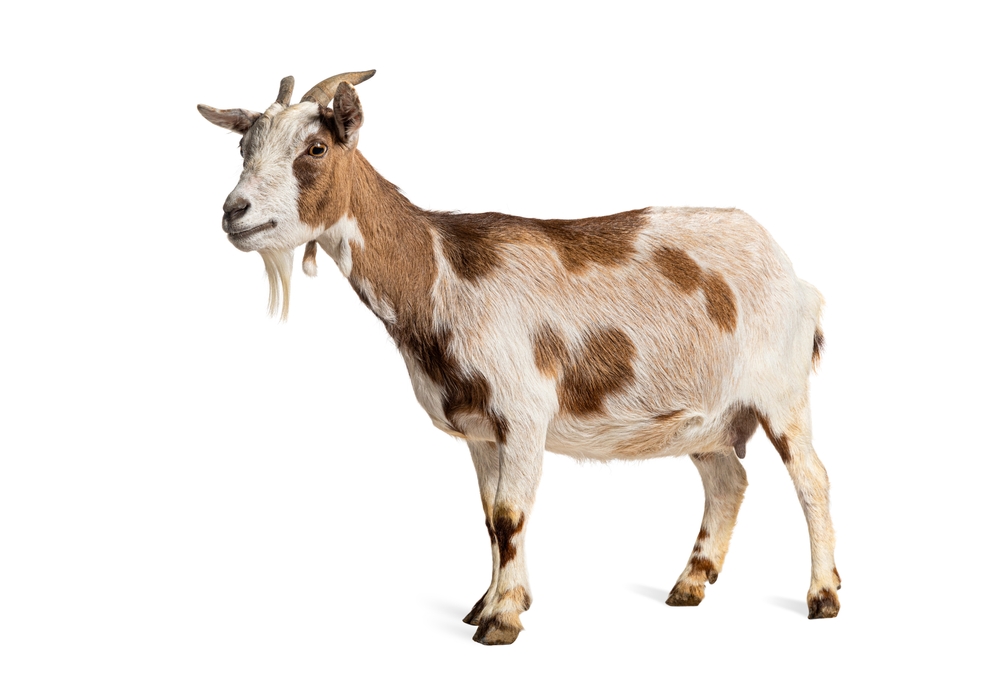
Goats, with their playful and quirky personalities, are surprisingly effective in helping people heal. Interacting with these friendly animals often leads to laughter, which is a powerful stress reliever. Goat yoga, for example, combines physical movement with the joy of spending time with these curious creatures. Their lively energy can help trauma survivors feel more connected to the world around them.
8. Miniature Horses Offer Big Comfort
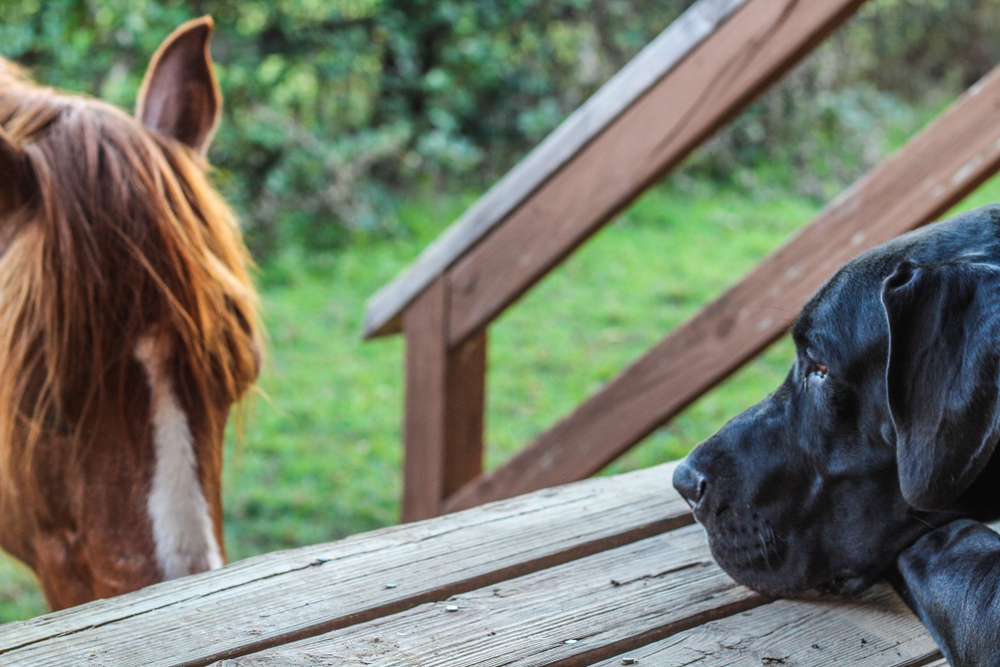
Don’t let their small size fool you—miniature horses are incredible therapy animals. Their calm demeanor and friendly nature make them perfect for emotional support. They’re often used in hospitals or care facilities to bring comfort to patients. For trauma survivors, their presence offers a sense of security and a gentle reminder of the beauty in small, meaningful moments.
9. Turtles Encourage Patience and Reflection

Turtles might not be the first animal you think of when it comes to healing trauma, but their slow, deliberate movements have a calming effect. Watching a turtle can help individuals slow down and reflect, encouraging mindfulness. Their longevity and resilience serve as symbols of endurance and hope. Turtles remind us that healing is a journey, not a race.
10. Pigs Bring Playfulness and Comfort
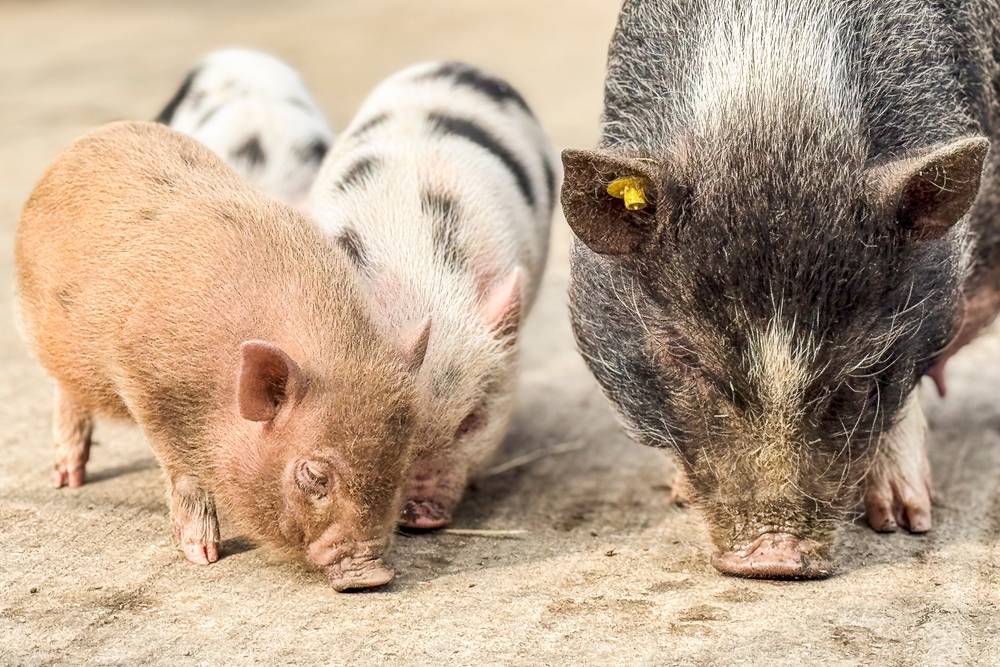
Therapy pigs are becoming increasingly popular for their affectionate and playful nature. These intelligent animals form strong bonds with humans and provide emotional support through their interactions. Their goofy antics can lighten the mood and bring joy to those struggling with heavy emotions. Spending time with a pig can create a sense of comfort and remind people of the simple pleasures in life.
11. Alpacas Offer Gentle Connection
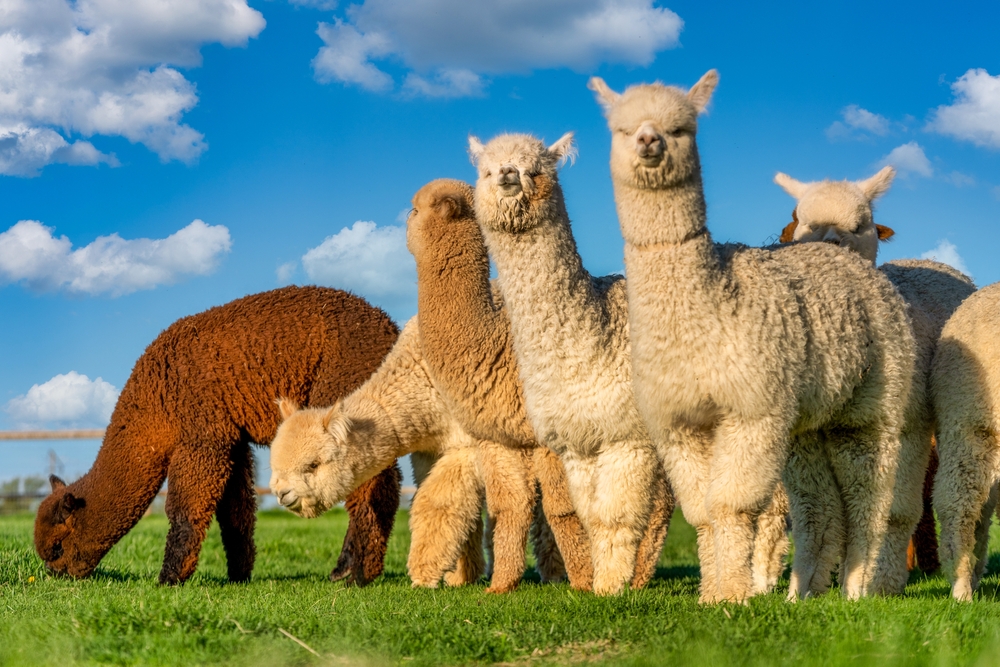
Alpacas are known for their calm and approachable demeanor, making them excellent therapy animals. Their soft fur and curious nature create a soothing environment for emotional healing. Alpacas are often used in animal-assisted therapy programs to help individuals open up and feel more at ease. Their gentle presence fosters trust and provides a unique sense of connection.
12. Cows Provide Grounding Energy
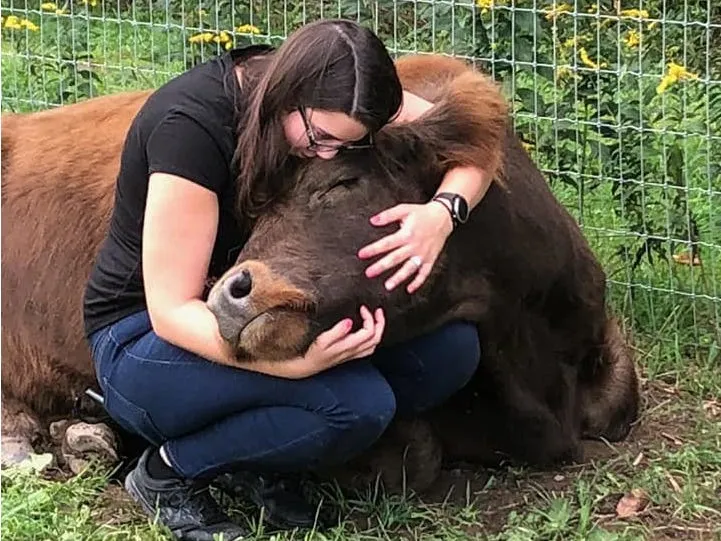
There’s something profoundly calming about spending time with a cow. Their slow movements and gentle eyes create a grounding experience that can ease anxiety and stress. Many trauma survivors find comfort in simply sitting with these peaceful animals, feeling their warmth and presence. Cows are increasingly being used in therapeutic farm settings to help individuals reconnect with themselves and the natural world.
13. Wolves Teach Resilience and Community

Wolves, often misunderstood as fierce predators, embody strength and the importance of community. Programs that allow people to interact with wolves in controlled settings help trauma survivors find inspiration in these powerful animals. Their loyalty to their pack and ability to overcome adversity are symbolic for those working through their own challenges. Spending time with wolves can ignite a sense of resilience and remind people of the value of support networks.
